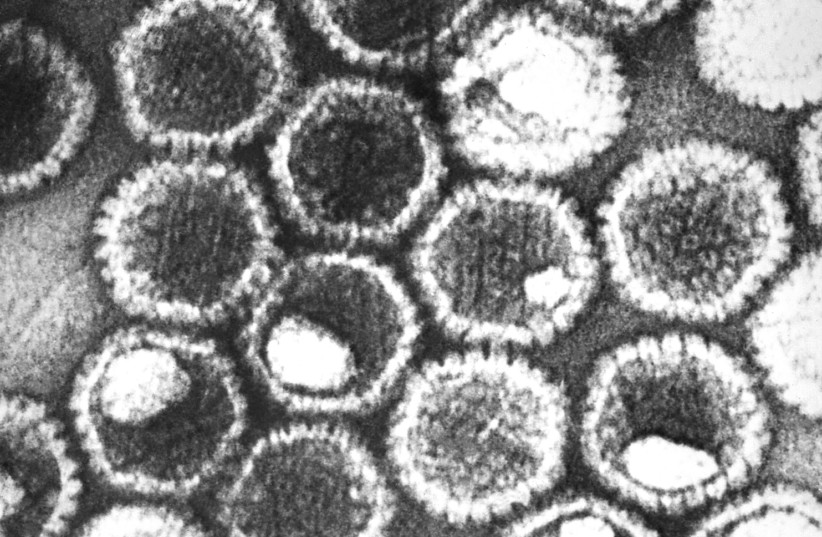A breakthrough discovery about the causes of herpes flare-ups by researchers at the University of Virginia School of Medicine may offer new ways to prevent fever blisters and recurrent herpes eye diseases.
“Herpes simplex recurrence has long been associated with stress, fever and sunburn,” said researcher Anna R. Cliffe, PhD, of UVA’s department of microbiology, immunology and cancer biology. “This study sheds light on how all of these triggers can lead to herpes simplex disease.”
Cliffe and her colleagues found that when HSV-infected neurons were exposed to stimuli that cause ‘neuronal hyperexcitation’, the virus could sense the particular change and take the opportunity to reactivate.
In a model developed by the Cliffe Laboratory, which examines HSV-infected neurons in mice, the researchers found that the virus ‘chops’ an important pathway for an immune response in the body.
cnxps.cmd.push (function () {cnxps ({playerId: ’36af7c51-0caf-4741-9824-2c941fc6c17b’}). deliver (‘4c4d856e0e6f4e3d808bbc1715e132f6’);});
if (window.location.pathname.indexOf (“656089”)! = -1) {console.log (“hedva connatix”); document.getElementsByClassName (“divConnatix”)[0].style.display = “none”;}
In response to prolonged periods of inflammation or stress, the immune system releases a specific cytokine called Interleukin 1 beta. This cytokine also occurs in epithelial cells in the skin and eye and is released when these cells are damaged by ultraviolet light.
Interleukin 1 beta then increases the excitement in the affected neurons, causing the stage for HSV to flare up, the UVA researchers discovered.
“It’s really remarkable that the virus has hijacked the pathway that is part of our body’s immune response,” Cliffe said. “It highlights how some viruses have evolved to take advantage of what should be part of our infection control machinery.”
The researchers claim that the discovery could lead to revolutionary new treatments in the field of virology, although more research needs to be done before that can happen.
“A better understanding of what causes HSV to respond again in response to a stimulus is needed to develop new therapies,” Cliffe said. “Ultimately, we want to target the latent virus itself and it does not respond to stimuli like Interleukin 1 beta.”
